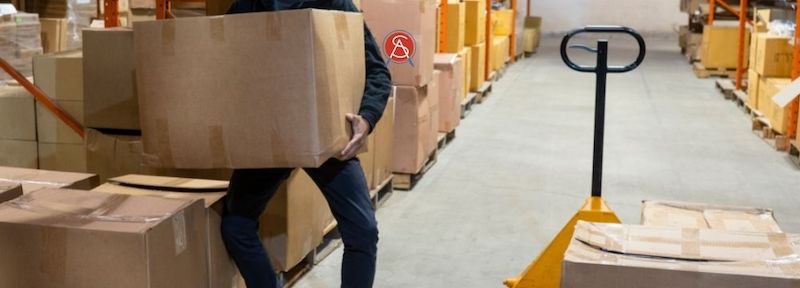Hernias
Ways to Reduce Your Risk of a Hernia
With over 1,000,000 hernia operations performed every year and millions of other hernias going untreated, either because patients live around their hernia or their hernia is not readily apparent, prevention is even more important. To fully discuss how to prevent a hernia, it is important to understand what exactly a hernia is. Hernias are defects in the fascia of the abdomen – a thin but very strong layer of tissue that with muscles, makes up the abdominal wall. If there is a defect in the fascia, this may allow the contents of the abdomen to push through, which may lead to further problems.

Following are a few ways to reduce the risk of a hernia
- The greatest risk for hernia development involves intra-abdominal pressure and obesity is, in turn, a leading cause. Excess weight and fat around the abdomen pushes on the abdominal wall, which in turn can weaken the fascia. Maintaining a normal BMI through proper diet and lifestyle changes can make a big difference in hernia prevention.
- Lifting heavy weights is not just an admonition from your parents. In fact, the strain put on the abdomen from lifting something heavy can increase the likelihood of a hernia. If you do need to lift something heavy, do so using your legs rather than your core and this will reduce the pressure on your abdomen and your back.
- Excessive coughing, often from chronic obstructive pulmonary disorder or other disorders of the lungs can trigger a hernia. If you smoke, it is never too late to stop, and even a small improvement in your cough can reduce the risk of a hernia dramatically.
- While it may seem odd, poor bowel habits can also contribute to hernia formation. If you find yourself straining to have a bowel movement, you are also increasing your risk for a hernia. This can be solved by improving your dietary habits by adding fiber and hydrating properly.
When You Can’t Prevent a Hernia
Of course, some people have risk factors that simply cannot be modified. For example, simple aging increases the risk of a hernia, though older patients may have less of a need to repair the hernia. Hernias can also have a genetic component; therefore, if a close family member had a hernia, you may be at greater risk as well. Incisional hernias may form after surgery, especially after an open operation where there is a large single incision. Hernias can also form during pregnancy as there is significant strain on the abdomen.
Treating a Hernia
Not all hernias need to be repaired. You and your hernia surgeon can make that decision based on your general health and willingness and ability to undergo a surgical procedure. While hernia surgery is still a major procedure, it has never been safer or more effective than it is today. Therefore, if your surgeon suggests that you have surgery, the benefits significantly outweigh any risk.
Related Articles
See more Articles



